Search 776 results
Filter by
Events
Series
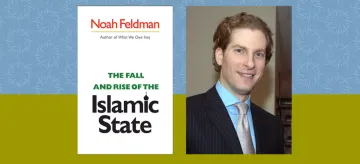
In this book, CFR Adjunct Senior Fellow Noah Feldman provides a sweeping history of the traditional Islamic constitution—its noble beginnings, its downfall, and the renewed promise it could hold for Muslims and Westerners alike. Teaching notes by the author.

In this book, CFR Senior Fellow Gayle Tzemach Lemmon provides an intimate look at the daily lives of women in Afghanistan through the incredible true story of a female entrepreneur who mobilized her community under the Taliban. Teaching notes by the author.
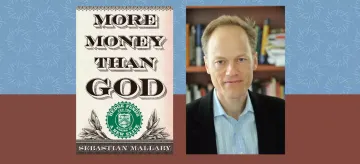
In this book, CFR Senior Fellow Sebastian Mallaby gives an insider’s view on the origin and evolution of hedge funds in the broader context of the history of modern finance through extensive research and numerous case studies. Teaching notes by the author.

In this book, CFR Senior Fellow Isobel Coleman demonstrates how influential Islamic feminist thinkers are driving social change in the Middle East to create economic, political, and educational opportunities for women. Teaching notes by the author.
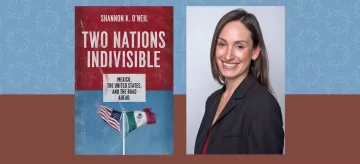
In this book, CFR Senior Fellow Shannon K. O’Neil explains that beyond the narrative of violence that dominates the headlines is a more hopeful Mexico with a globally competitive economy, a rising middle class, and increasingly influential pro-democracy voters—a country the United States should see as a partner, not a problem. Teaching notes by the author.
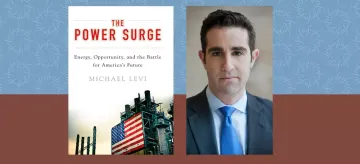
In this book, CFR Senior Fellow Michael A. Levi combines on-the-ground reporting with in-depth analysis to illuminate what’s really happening as the fracking industry takes root. Teaching notes by the author.

In this book, CFR Senior Fellow Benn Steil challenges the notion that Bretton Woods was the product of an amiable Anglo-American collaboration, and explains that it was in reality part of a much more ambitious geopolitical agenda aimed at eliminating Great Britain as an economic and political rival. Teaching notes by the author.

In this book, CFR Senior Fellow Charles A. Kupchan argues that the world is on the cusp of a redistribution of power in which no single state or region will dominate—or govern—the international scene. Teaching notes by the author.

In this book, CFR Senior Fellow John Campbell examines Nigeria’s postcolonial past and offers policy options for the United States to help promote political, social, and economic development. Teaching notes by the author.
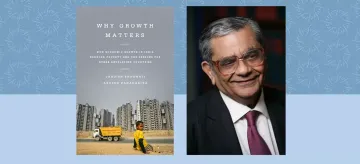
In this book, CFR Senior Fellow Jagdish N. Bhagwati and coauthor Arvind Panagriya argue that despite myriad development strategies, only one can succeed in alleviating poverty in India: the overall growth of the country’s economy. Teaching notes by Professor Bhagwati.